Gallery
Photos from events, contest for the best costume, videos from master classes.
 | 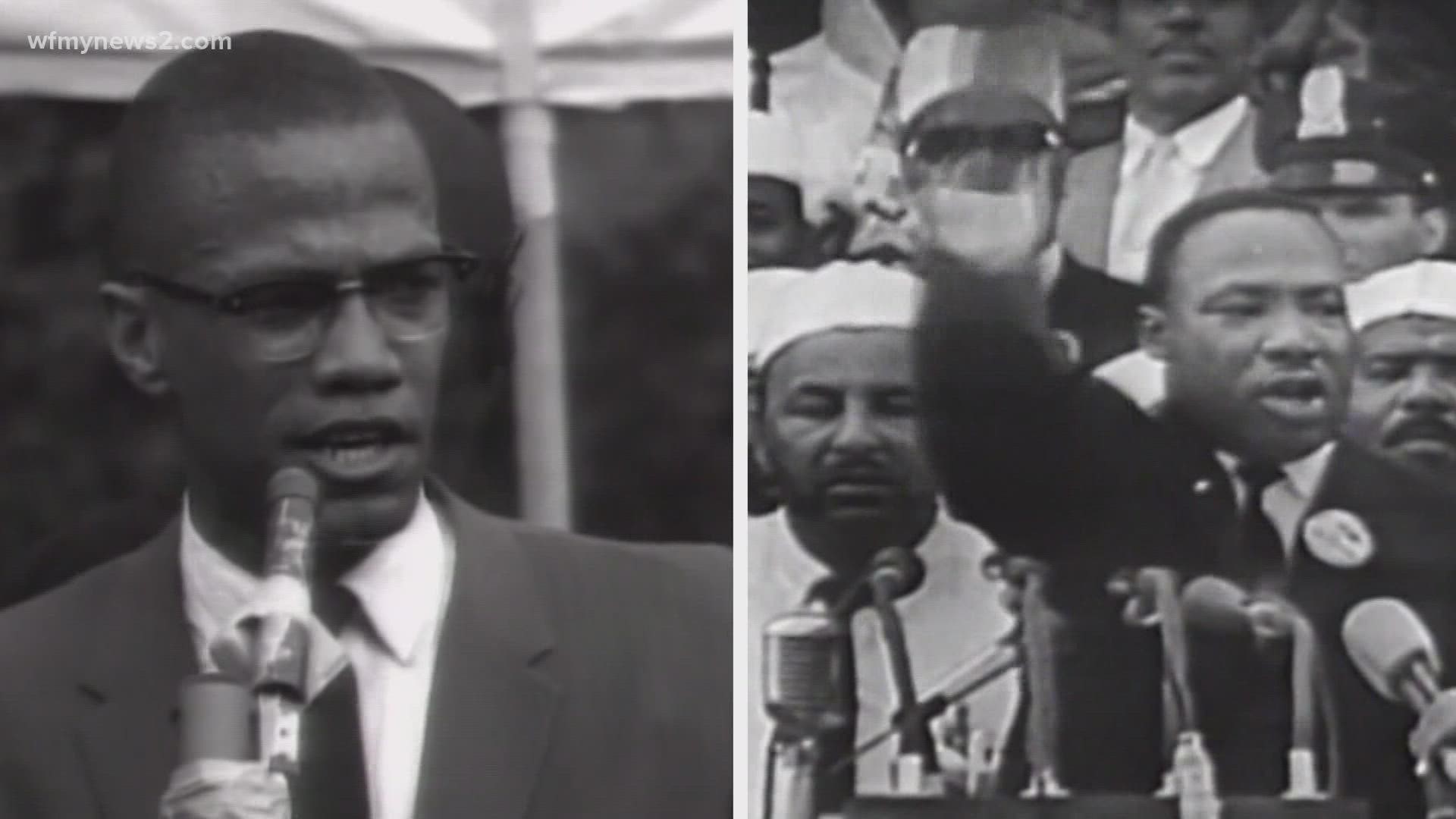 |
 |  |
 |  |
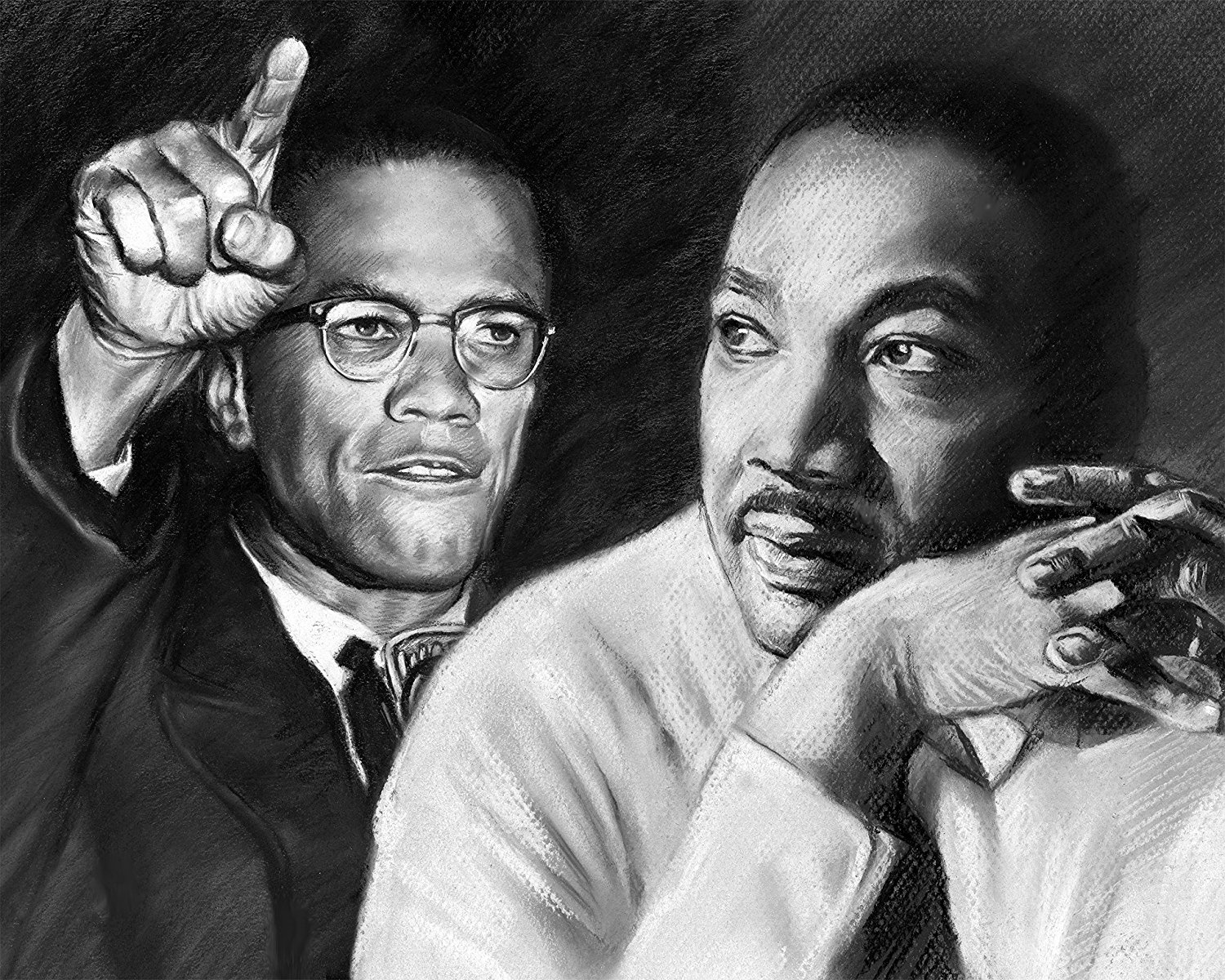 |  |
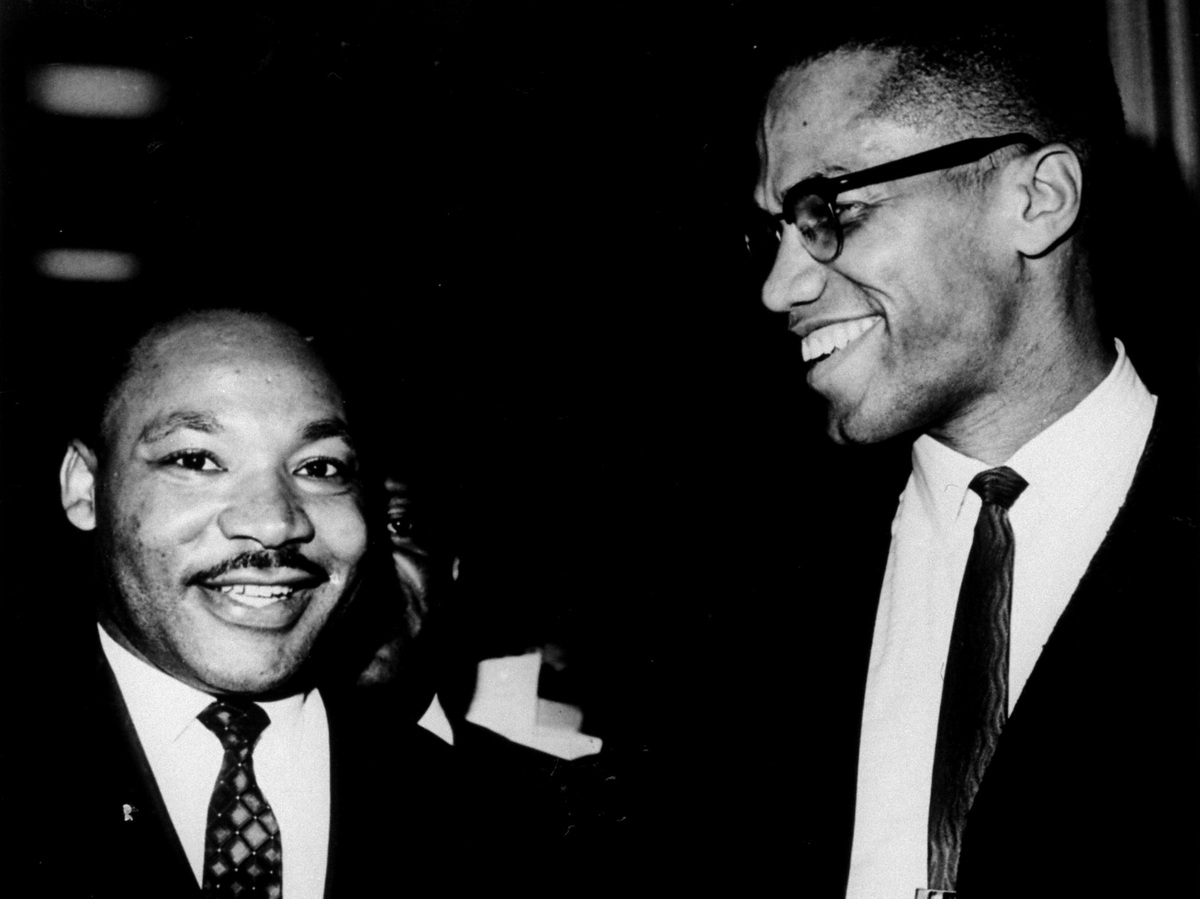 | 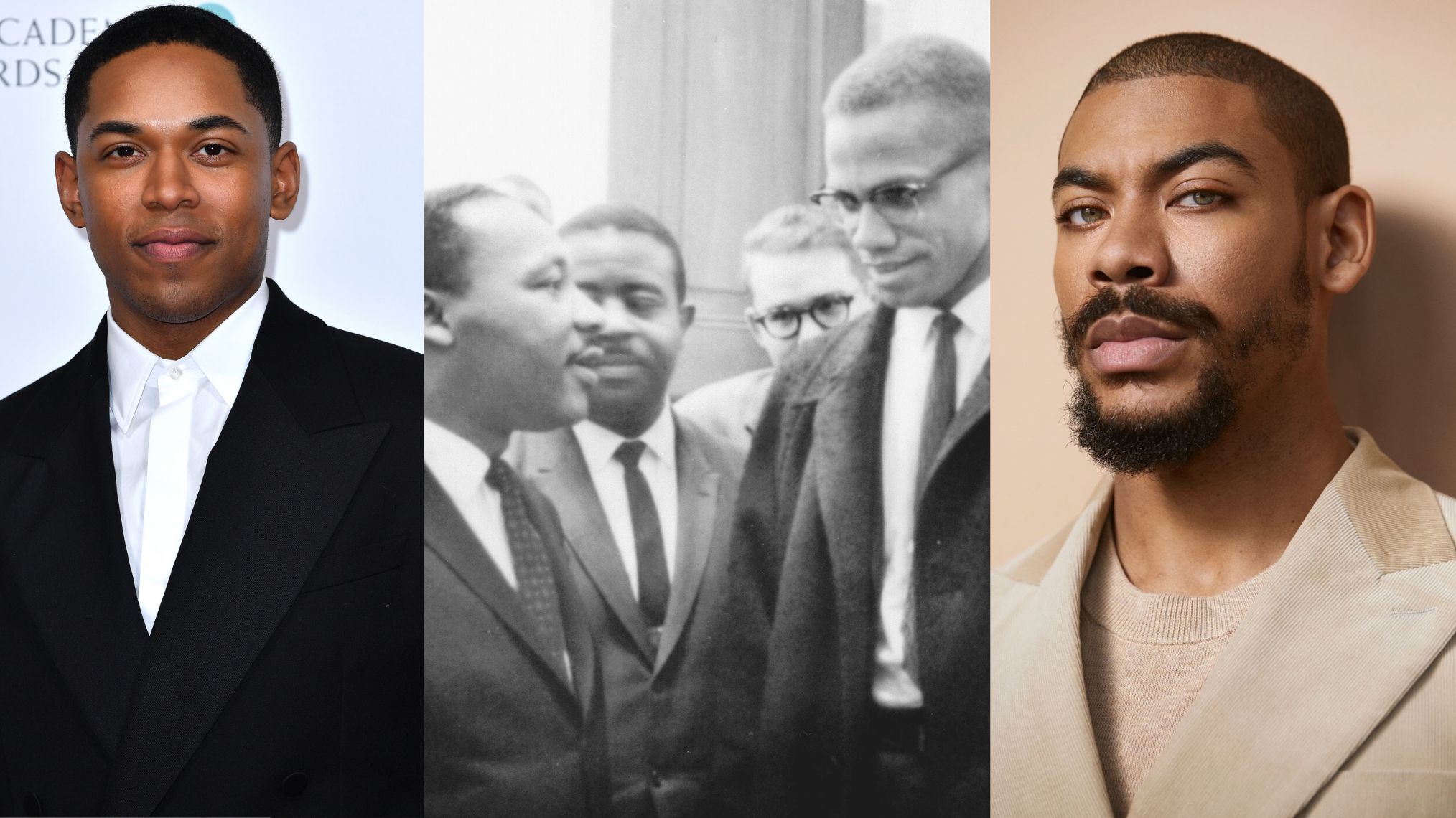 |
 | 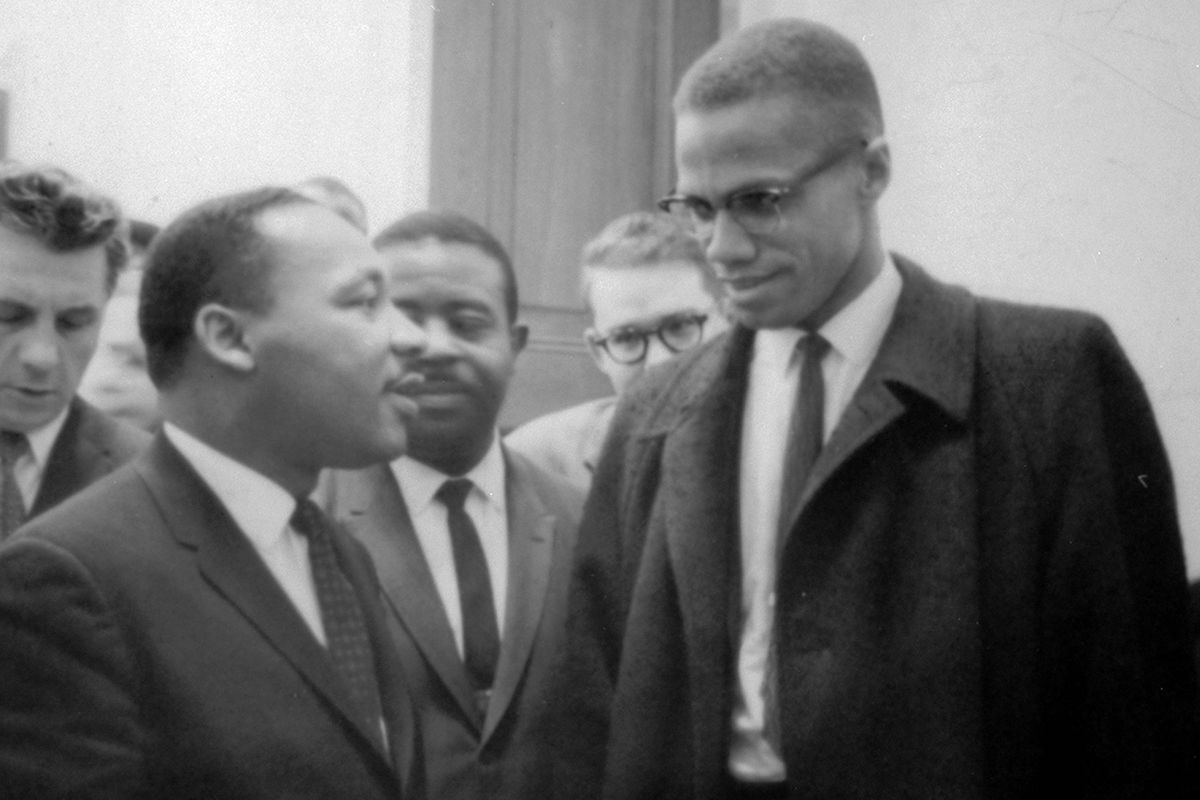 |
Martin Luther King Jr. and Malcolm X are frequently seen as opposing forces in the struggle for civil rights and against white supremacy; King is often portrayed as a nonviolent Learn about the life and legacy of Malcolm X, the Black Nationalist leader who challenged Martin Luther King, Jr.'s nonviolent approach to the civil rights movement. Explore their relationship, from their public clashes to their private encounters, and their shared goal of freedom and justice. Malcolm X and Dr. Martin Luther King Jr. are two of the most iconic figures of the 20th century and of the civil rights movement. And they were more alike than many may have thought. Martin Luther King, Jr. and Malcolm X had both emerged as leaders of the civil rights movement by 1964. However, they viewed the challenges faced by Black Americans in the 1960s in different ways, and each prescribed different solutions to cure America’s racial ills. Martin Luther King, Jr. and Malcolm X never collaborated, and their protest strategies seemed completely opposed. However, two brief, unplanned meetings between Malcolm and the Kings suggested that Malcolm, in the year before he was assassinated, wanted to support King’s efforts. On March 26, 1964, Martin Luther King Jr. and Malcolm X met in person — for the first and only time. Their meeting was brief and unplanned, but nevertheless an iconic moment in American history. For years, the two icons of the American civil rights movement had circled each other. It's a biting piece of criticism aimed at Malcolm X that for decades was attributed to Martin Luther King Jr. But a new biography of King suggests history books about these two men may Martin Luther King Jr and Malcolm X are two of the most famous civil rights leaders in America. And yet, they only met once. The photo seen below of the duo— King at left, Malcolm X at right—was In the annals of civil rights history, the brief but powerful interaction between Malcolm X and Martin Luther King, Jr. is a testament to the complex dynamics underlying the movement. On March 26, 1964, Martin Luther King, Jr. and Malcolm X met for the first and only time. The men were two of the most influential Black activists of the 20th century—and had long been pitted On March 26, 1964, Malcolm X and Martin Luther King Jr. met for the first and only time in Washington, D.C. Less than a year later, Malcolm was dead, the victim of an assassin’s bullet, ending Martin Luther King y Malcolm X solo se vieron una vez, durante el debate para la aprobación de la Ley de Derechos Civiles de 1964. Archivo March 28, 1964 – After press conference at U.S. Senate, King has brief encounter with Malcolm X; February 5, 1965 – Coretta Scott King meets with Malcolm X in Selma, Alabama; February 21 – Malcolm X is assassinated in Harlem In a first for the franchise, the new season of the Emmy® Award-winning anthology series will focus on two iconic geniuses: Dr. Martin Luther King Jr. (Kelvin Harrison Jr.) and Malcolm X (Aaron Pierre). Malcolm X and Martin King.20 Malcolm was convinced that Martin's gospel of love, nonviolence, and integration played into the hands of white oppressors. He joined fellow Black Muslims as early as 1960 in denouncing Martin for turning scores of potential freedom-fighting blacks into "contented, docile • Compare and Contrast: Dr. Martin Luther King, Jr., and Malcolm X PROCEDURE 1. This assignment may be an in-class essay, which will require students to write under a time limit, or a take-home essay. 2. Review and discuss, as needed, the information in the In Context sections for Dr. Martin Luther King and Malcolm X. 3. Rev. Martin Luther King Jr., left, and Malcolm X smile for photographers in Washington on March 26, 1964. (AP Photo/Henry Griffin) By Ed Gaskin. PUBLISHED: January 20, 2025 at 12:57 AM EST. Aaron Pierre, left, is Malcolm X, and Kelvin Harrison Jr., is the Rev. Martin Luther King Jr. in National Geographic’s “Genius: MLK/X,” which runs its final two episodes Thursday. King, Where Do We Go from Here, 1967. Lomax, When the Word Is Given, 1963. Malcolm X, “Message to the Grass Roots,” in Malcolm X Speaks, ed. George Breitman, 1965. Nell Irvin Painter, “Martin R. Delany: Elitism and Black Nationalism,” in Black Leaders of the Nineteenth Century, ed. Litwack and Meier, 1991. guarantee equal rights for African Americans, Malcolm X replied, “Our objective is complete freedom, justice and equality by any means necessary.” MATERIALS • “The Ballot or the Bullet,” Malcolm X, April 3, 1964 (excerpts). Source: Malcolm X, “The Ballot or the Bullet,” April 3, 1964, Cleveland, Ohio, from . Top 100 Speeches
Articles and news, personal stories, interviews with experts.
Photos from events, contest for the best costume, videos from master classes.
 |  |
 |  |
 |  |
 |  |
 |  |
 |  |